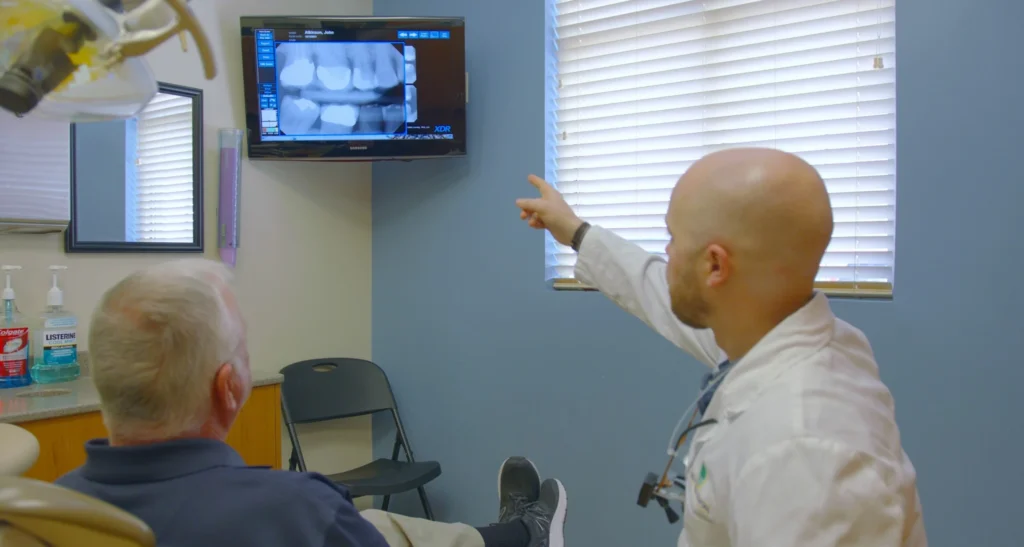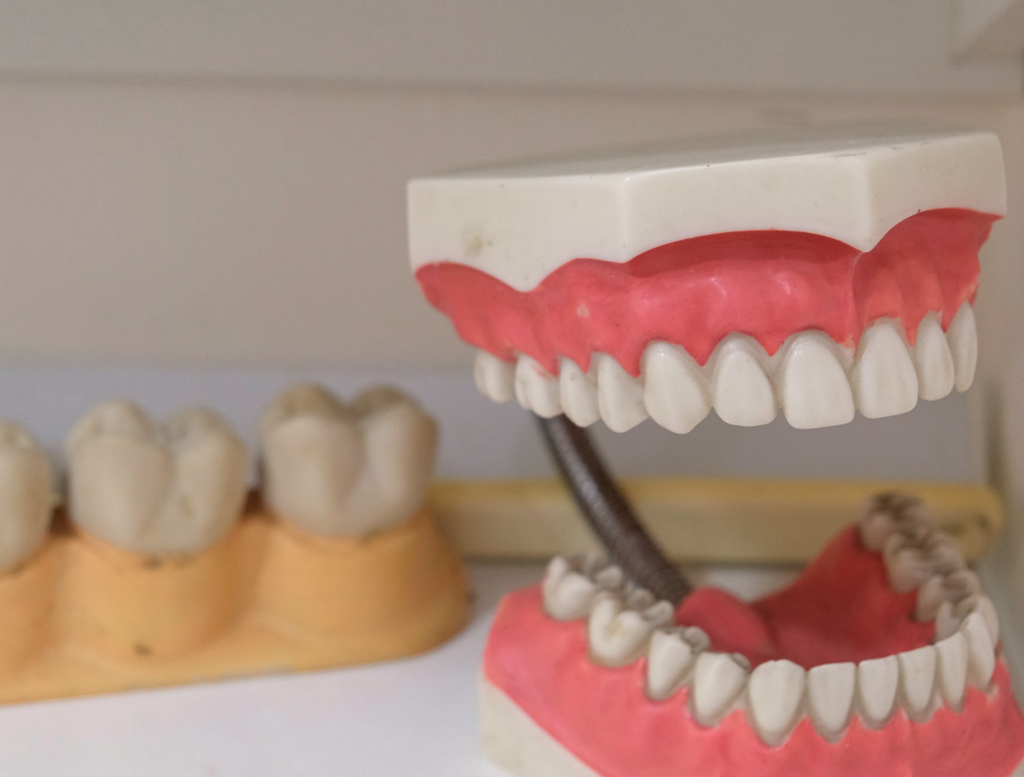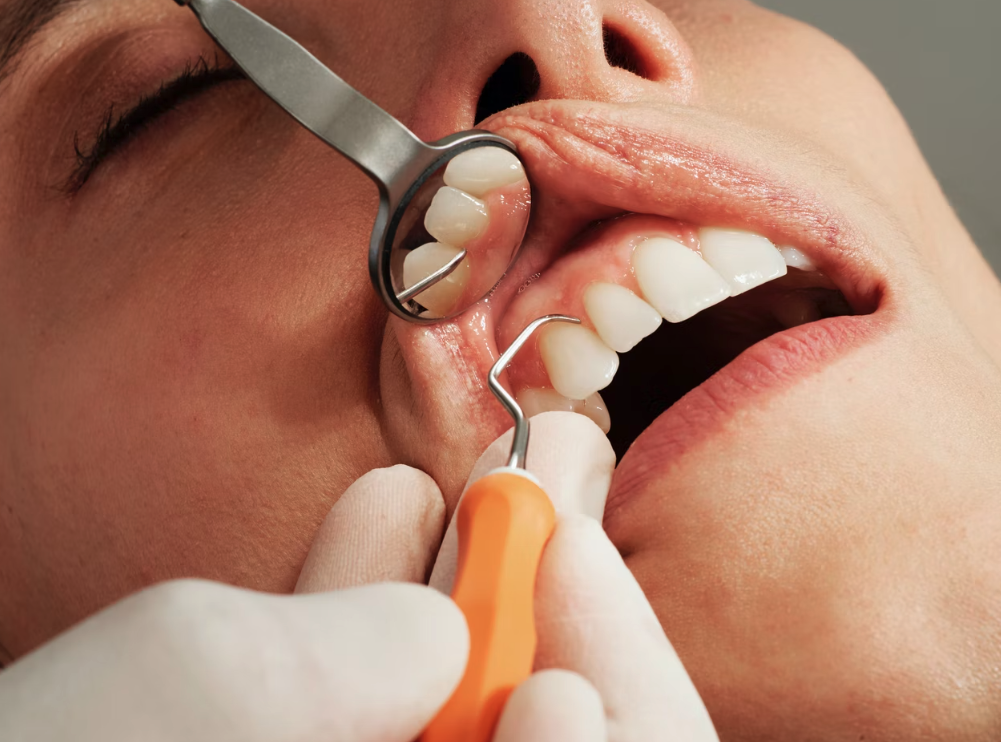Wisdom teeth, also known as third molars, are the last set of teeth to emerge, usually between the ages of 17 and 25. Like any other teeth, wisdom teeth can develop cavities. Cavities in wisdom teeth can be particularly troublesome due to their location and the difficulty in keeping them clean.
What Happens If My Wisdom Tooth Has a Cavity?
If your wisdom tooth develops a cavity, it means that bacteria have created a hole in the enamel, leading to decay. This decay can cause:
- Pain: Cavities can be painful, especially when the decay reaches deeper layers of the tooth.
- Infection: If left untreated, the cavity can lead to an infection in the tooth and surrounding gums.
- Difficulty Chewing: A cavity can make it uncomfortable to chew on that side of your mouth.
- Bad Breath: Decay can cause bad breath and a foul taste in your mouth.
It’s important to see a dentist if you suspect a cavity in your wisdom tooth to prevent these issues from worsening.
Should Decayed Wisdom Teeth Be Removed?
Whether a decayed wisdom tooth should be removed depends on several factors:
- Severity of Decay: If the decay is extensive and has damaged the tooth beyond repair, extraction may be necessary.
- Position of the Tooth: Wisdom teeth that are impacted (not fully erupted) or misaligned may be difficult to clean and more prone to decay.
- Overall Dental Health: If the wisdom tooth is causing problems with other teeth or your overall oral health, removal might be the best option.
In many cases, dentists recommend removing decayed wisdom teeth, especially if they are causing pain or other dental issues.
How Do I Know If My Wisdom Teeth Hurt or Have a Cavity?

It can be challenging to determine if the pain is from a cavity in your wisdom tooth or other issues. Here are some signs to look for:
- Toothache: Persistent pain in the back of your mouth could indicate a cavity in your wisdom tooth.
- Sensitivity: Increased sensitivity to hot, cold, or sweet foods and drinks might suggest a cavity.
- Swelling and Redness: Swelling and redness around the wisdom tooth area could signal decay or infection.
- Bad Breath: A persistent bad taste or bad breath can be a sign of decay.
If you experience any of these symptoms, it’s essential to see your dentist for an accurate diagnosis and appropriate treatment.
What Happens to a Rotten Wisdom Tooth?
A rotten wisdom tooth is severely decayed and can cause several problems, including:
- Infection: The decay can lead to an abscess, a pocket of pus caused by a bacterial infection.
- Pain and Swelling: As the decay progresses, it can cause significant pain and swelling in the affected area.
- Spread of Infection: The infection can spread to nearby teeth, gums, and even the jawbone, leading to more severe health issues.
Is a Rotten Wisdom Tooth an Emergency?
A rotten wisdom tooth can be a dental emergency, especially if you experience any of the following:
- Severe Pain: Intense, throbbing pain that doesn’t go away can indicate a serious problem.
- Swelling: Significant swelling in your face or jaw may suggest an infection.
- Fever: A fever along with tooth pain and swelling can be a sign that the infection is spreading.
- Difficulty Opening Mouth: If you find it hard to open your mouth or swallow, it’s important to seek immediate dental care.
Ignoring a rotten wisdom tooth can lead to more severe health problems, so it’s crucial to seek prompt treatment.
Signs Your Wisdom Tooth Is Infected?
An infected wisdom tooth can cause several symptoms, including:
- Severe Pain: Pain that radiates to your ear, jaw, or neck.
- Swelling: Swelling in your gums or around the affected tooth.
- Redness and Tenderness: The area around the wisdom tooth may become red and tender to the touch.
- Bad Breath: Persistent bad breath or a foul taste in your mouth.
- Pus: Pus or discharge coming from the gums around the wisdom tooth.
- Fever: A fever can indicate that the infection is spreading.
If you experience any of these signs, it’s important to see your dentist immediately for an evaluation and treatment. Ignoring an infected wisdom tooth can lead to more serious health issues.
Conclusion
Cavities in wisdom teeth can cause significant pain and lead to more severe dental issues if left untreated. It’s important to recognize the signs of a cavity or infection in your wisdom teeth and seek prompt dental care. Regular dental check-ups, good oral hygiene, and paying attention to any changes in your mouth can help you keep your wisdom teeth healthy and prevent problems from developing. If you suspect a cavity or other issue with your wisdom teeth, don’t hesitate to contact your dentist for an evaluation and appropriate treatment.








